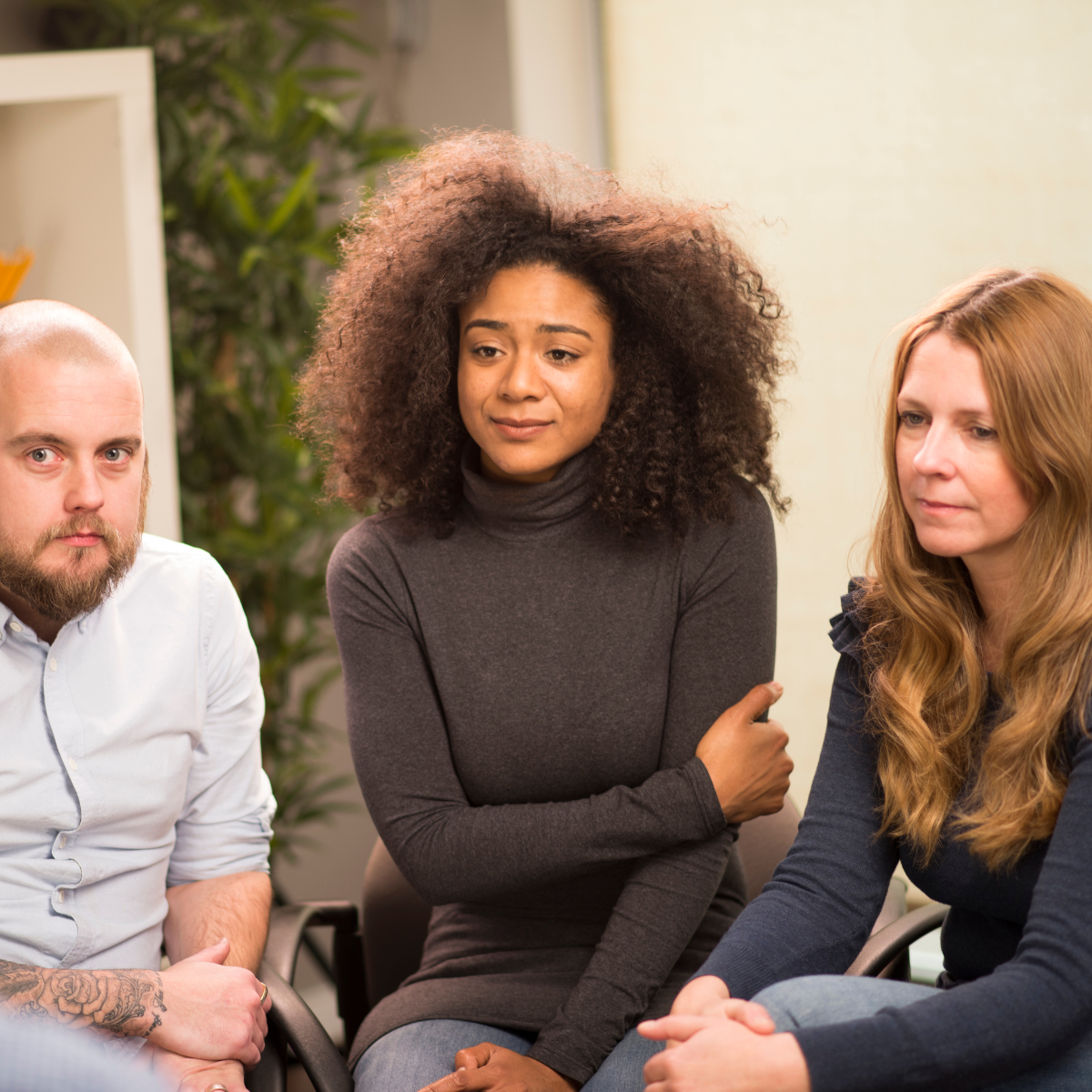Why is it Difficult to Leave an Abusive Relationship?
If you think about domestic abuse in a home, you may find yourself asking, "Why don't they just leave..." However, it is never that simple. It is essential to challenge your thinking and educate yourself to support someone who experiences domestic violence. If you are in an abusive relationship, please know you are not to blame for the abuse and there is help available for you. Numerous factors are preventing or making it challenging to leave an abusive relationship. I'll discuss them in this blog.
Leaving increases your risk: Survivors who experience domestic abuse fear the repercussions of leaving or attempting to leave the relationship. Survivors may fear the actions of their abuser if they get caught trying to leave the relationship. The abuse may become more violent, frequent,and severe, and can be fatal. The abuser may have threatened or will threaten to hurt or kill them, their children, or themselves with the purpose of causing fear and obtaining power and control.
What will happen to our kids? Thinking about leaving an abusive relationship becomes challenging when children are involved. It can be more difficult to leave when the children are not directly being abused or have not witnessed the abuse. Survivors may question if leaving is the best decision for their children. Concerns that survivors may have include the custody of their child. They may have to fight for full custody of their children or may fear the abuser will win custody. Survivors may also question if they can financially support their children with a single income. Also, survivors may want their children to have both parents in their lives. There are many agencies, such as Legal Aid and family lawyers, to support survivors in the transition of being a single parent and obtaining emergency custody of their children.
Isolation: As you may recall from a previous blog, isolation from family and friends is a warning sign of domestic abuse. The abuser may have directly or indirectly cut tights with the survivor's support system. It becomes a challenge when a survivor's family and friends are unaware of theabuse – survivors may feel alone and not supported to leave the relationship. Also, due to the survivor being isolated from their loved ones, they may feel they have no one to turn to and feel hopeless to leave the relationship.
Hope for change: In abusive relationships, partners follow a repetitive behavioural pattern known as the cycle of violence, which comprises three distinct stages: first, the honeymoon phase, characterized by a seemingly harmonious relationship; then the tension-building phase, leading to the violence incident phase. Subsequently, many abusers express remorse and pledge to change, initiating another honeymoon phase. This cycle poses a significant challenge when trying to leave an abusive relationship.
Lack of resources and support: Survivors who experience financial abuse may not have access to their bank accounts. They may not have their own source of income due to being manipulated into quitting their job or having to take a leave of absence for mental health reasons associated with the abuse. Survivors may not have access to alternative housing in theirarea, either due to living in an urban area, not having any modes of transportation, or all the domestic abuse shelters being full.
Institutional responses:
1. Police officers' support for survivors can be inconsistent, sometimes categorizing violent incidents as "domestic disputes" rather than recognizing them as criminal assaults.
2. Even with a restraining order, there may be limited measures in place to prevent an abusive partner from being released and repeat their acts of abuse and violence.
3. Due to the shortage of affordable safe housing and the limited availability of emergency shelter beds for domestic violence, survivors are sometimes left with no immediate and sustainable options for shelter and refuge.
Social barriers:
1. Certain survivors may not consider divorce as an option. They may have been socialized to believe they are responsible for sustaining their marriage or maintaining family unity. Also, in some cultural contexts, ending a relationship with a partner is considered dishonourable and condemnable.
2. Individuals with physical disabilities face a greater likelihood of experiencing abuse by a partner, spouse, or someone regarded as part of their household compared to those without disabilities.
3. Being a member of the LGBTQ+ community. Although the dynamics of intimate partner violence in LGBTQ+ relationships mirror those in heterosexual relationships, the presence of homophobia, heterosexism, and transphobia introduces distinct strategies that abusers may employ and imposes additional obstacles for survivors.
4. Immigrants who have come to Canada encounter extra challenges, including the fear of deportation, potential separation from their Canadian-born children, language difficulties, and threats against their family members in their home country.
It's important to understand that leaving an abusive relationship is a gradual process. Survivors may leave and come back multiple times before finally and permanently ending the relationshipwith their abuser. Research indicates that it typically takes around seven attempts before a survivor permanently leaves their abusive partner.




